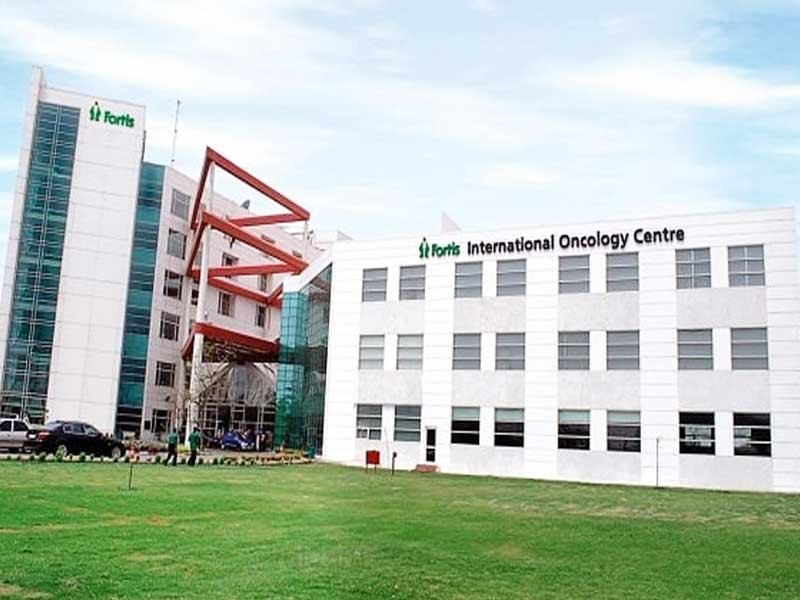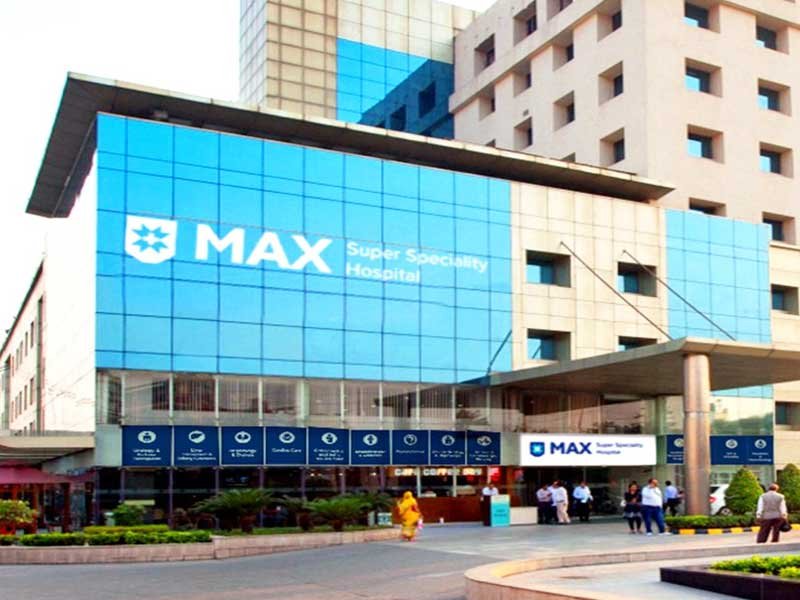Home Cost Gastroenterology Whipple Surgery

Did you know that pancreatic cancer often has the worst prognosis because it grows and spreads before showing any symptoms?
The Whipple procedure, named after Dr. Allen Whipple, is a surgical technique designed to treat tumors in the head of the pancreas, offering hope to patients with this challenging cancer.
If the tumor is localized to the head of the pancreas and hasn't spread, the Whipple procedure can effectively remove it, potentially extending your life.
If you have pancreatic cancer and are looking for treatment options, consult with your doctor to see if the Whipple procedure could be the right choice for you.
Whipple surgery helps to treat patients with these given diseases such as:
Advancements in Whipple surgery have significantly improved outcomes by incorporating minimally invasive techniques that lead to faster recovery and fewer complications. Let’s explore these advances:
Healthcare providers will give you instructions for the surgery and also tell you about the during and after the procedure:
Before the Surgery
During the Surgery
After the Surgery
To diagnose the conditions of patients, doctors conduct tests that help to determine the condition such as:
Whipple surgery helps to treat cancer in the pancreas and it is used to treat health conditions such as:
List of Hospitals for Whipple Surgery in India
List of Doctors for Whipple Surgery in India
Team of Top Gastroenterologists: We recommend the best doctors with more than 20 years of experience.
JCI/NABH Accredited Hospitals: We have also partnered with hospitals that have State-of-the-art Facilities that are equipped with the latest technologies such as robotics, machine learning, and cutting-edge diagnostic and therapeutic equipment, designed to offer you comprehensive and personalized care.
Other Benefits: We provide, swift and detailed responses, accurate cost estimates, help with obtaining medical visas, accommodation in India, and priority appointment scheduling with the doctors.
Moreover, we also facilitate your smooth arrival in India, with airport pickup, drop at the hotel, hospitalization assistance, and much more.
Whipple surgery is a surgical procedure for individuals with pancreatic cancer, and to determine the condition patients undergo several tests that include a Blood chemistry study, Tumor marker test, MRI (magnetic resonance imaging), CT scan (CAT scan), PET scan (positron emission tomography scan), Abdominal ultrasound, etc.
Some more tests include Endoscopic ultrasound (EUS), Endoscopic retrograde cholangiopancreatography (ERCP), Percutaneous transhepatic cholangiography (PTC), Laparoscopy, Biopsy, and when the results come doctors decide whether the surgery should be performed or not.
| Whipple Surgery cost | |
|---|---|
| Treatment Name | Estimated Cost |
| Whipple Surgery | 8000-9500 USD |

Medically Reviewed By
Dr. Aryan Malhotra is a highly respected and compassionate medical professional with a strong academic background. He holds an MBBS and MD degree from DTMU University in Georgia. Driven by a deep sense of duty, he is dedicated to providing exceptional care to his patients.
The average cost of Whipple Surgery in India is between 8000-9500 USD.
The success rate of Whipple Surgery in India is around 90-95%.
You need to stay in the hospital for 6-7 days after Whipple Surgery in India.
The recovery period for Whipple Surgery in India generally spans around two months for full recuperation, although in some cases, it may extend up to six months. Patients commonly require a daily regimen of iron-fortified vitamins and acid-reduction medication during this recovery phase.
After Tummy Tuck Surgery, rare but serious complications like gastroduodenal artery bleeding may need a radiologist's intervention or a return to surgery. Other possible issues include leaks at surgical connection points, infections, bleeding, slow stomach emptying, digestion problems, weight loss, and changes in bowel habits. Keep an eye out for these and discuss any concerns with your medical team promptly.
Before surgery, try to exercise aerobically every day—activities like cycling, swimming, or brisk walking work well. Opt for stairs over the elevator at home or visit indoor places like malls for movement when it's cold outside. It helps your body prepare and speeds up recovery post-surgery.
Recovery time after Whipple Surgery in India differs for each person. Initially, start with 5-10 minute daily exercises, gradually increasing by 5 minutes. Aim for 30-40 minutes, four days a week. Begin with walking and add short running bursts for stamina.
Yes, it is necessary to have a companion.
After undergoing Whipple Surgery in India, it's advisable to refrain from traveling for at least 10 days.
Yes, you can do your own research and choose your therapist.
Paracetamol can be used regularly to control mild to moderate pain. Non-steroidal anti-inflammatory drugs (NSAIDs) such as diclofenac or ibuprofen can be used to control moderate pain.
Yes, insurance will cover the cost of Whipple Surgery in India.
To discover the top doctors or hospitals in India, you can visit our website, mejocare on the doctors' page, you can filter and find the finest doctors, while on the hospital page, you can identify the best hospitals. Additionally, you can reach out to us, and we will gladly offer you all the necessary suggestions and information you need.
The Whipple Surgery typically takes around 6 hours to complete.
No, there is no waiting list for Whipple Surgery in India.
You'll probably have tests like CBC, urine analysis, Chest X-ray, and an EKG to check your blood, urine, chest, and heart for a comprehensive health assessment.
During Whipple Surgery in India, a form of anesthesia called Propofol is commonly used to induce deep sedation. While you won't be completely unconscious, Propofol ensures a state of profound sedation, allowing patients to sleep through the procedure. It's a safe and fast-acting medication that wears off quickly post-surgery.
Typically, a recovery period of 4-6 weeks is recommended before returning to work following the surgery.
After surgery and taking opioids, constipation is common, but some foods can help prevent it while others can worsen it for you. To avoid constipation, skip high-fat cheeses, processed and sugary foods, saturated fat-rich red meat, dried or dehydrated foods, and full-fat dairy products.
After surgery, monitor your vital signs, care for your wound, manage any complications, consider rehab services, and attend follow-up appointments for a smooth recovery.
After surgery, rare but serious complications like gastroduodenal artery bleeding may need a radiologist's help or a return to surgery. Other potential issues include leaks at surgical connection points, infections, bleeding, slow stomach emptying, digestion problems, weight loss, and changes in bowel habits. Stay vigilant and discuss any concerns with your medical team promptly

GI Surgeon, GI Oncologist and Bariatric Surgeon
35+ Years of Experience

Gastroenterologist, Paediatric & Hepatologist Expert
25+ Years of Experience

Beds: 539
New Delhi

Beds: 710
New Delhi

Beds: 650
New Delhi

Beds: 299
Gurugram

Beds: 380
New Delhi

Beds: 1300+
Gurugram

Beds: 106
New Delhi

Beds: 495
New Delhi

Beds: 236
Noida

Beds: 425
Faridabad

Beds: 550
Gurugram

Beds: 370+
Ghaziabad

Beds: 10+
Noida

Beds: 207
Noida

Beds: 150
Gurugram
Our care team can help you.
